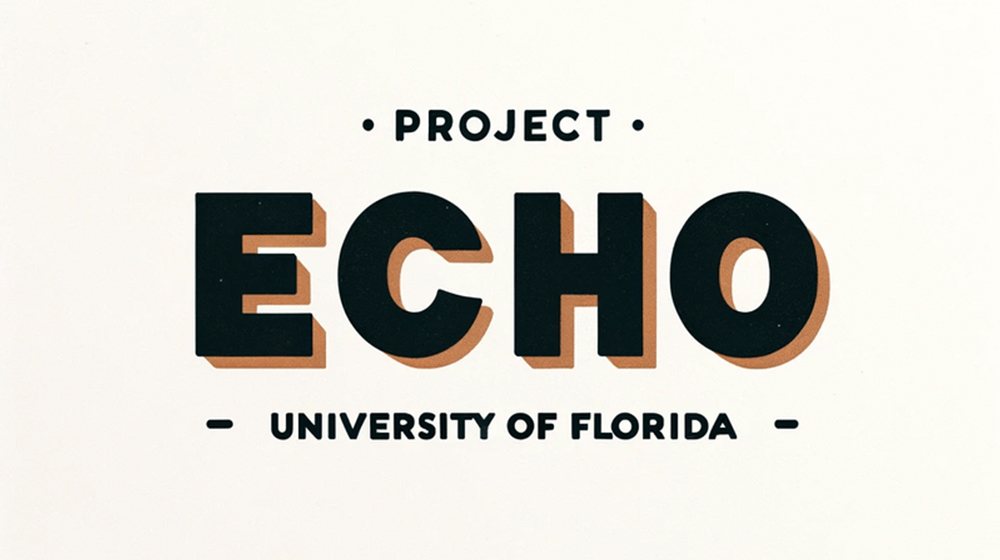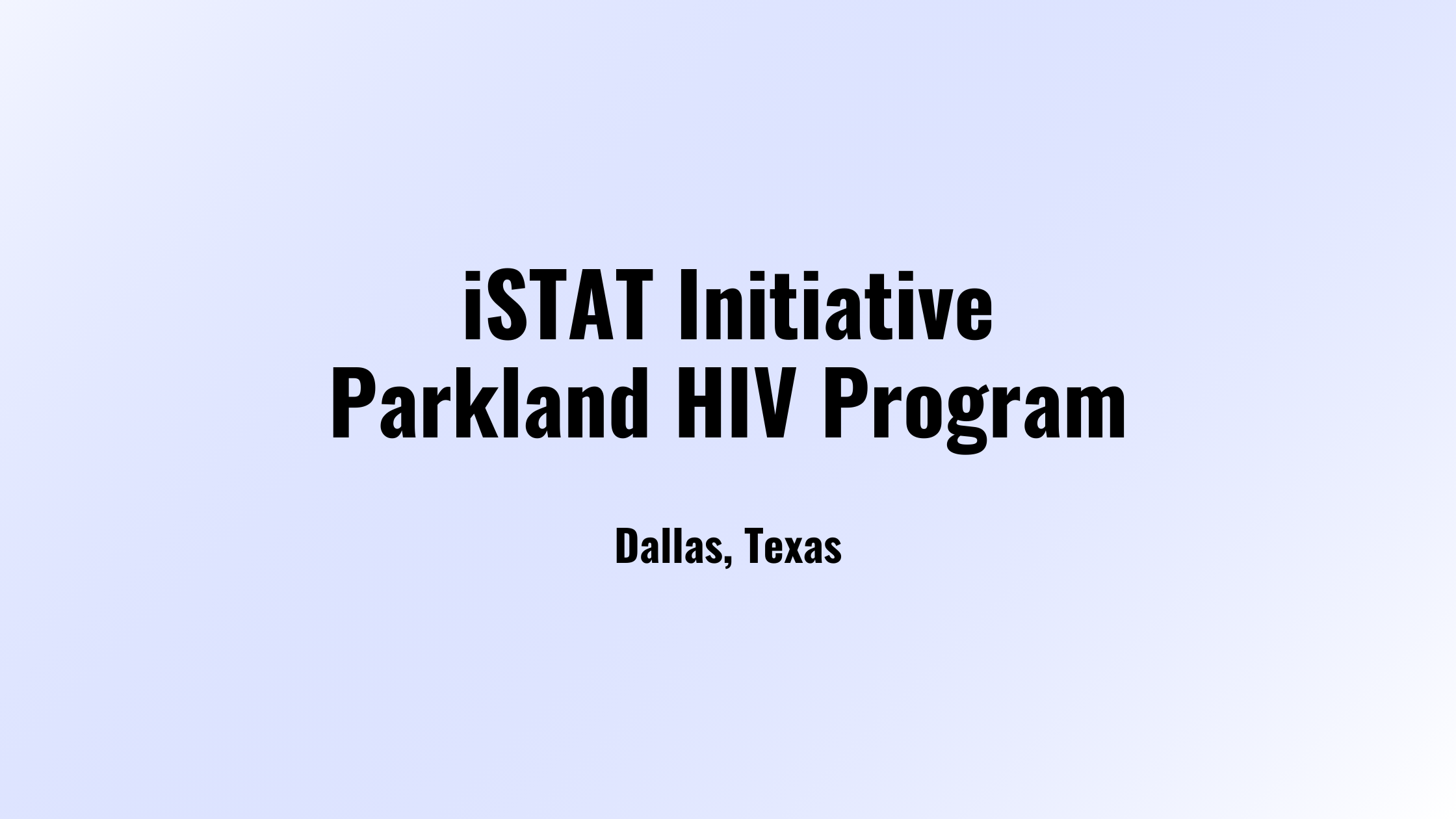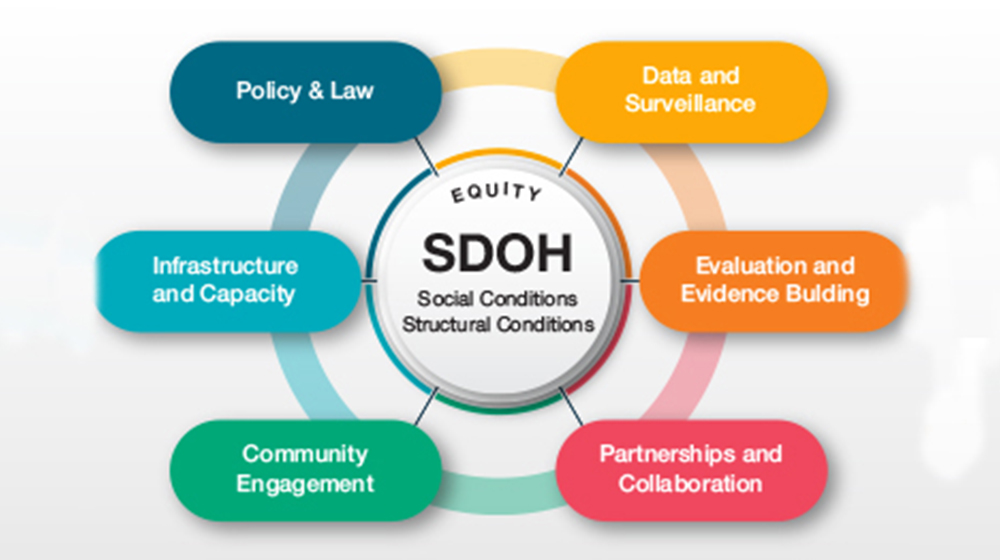Assisting Research on Barriers to Diabetes Technology and Care in Underserved Communities

Overview of the Study: The research aimed to understand the disparities in type 1 diabetes care, particularly concerning the utilization of technologies like continuous glucose monitors (CGMs). These disparities were significant based on factors like socioeconomic status (SES), race, and ethnicity. To explore these disparities, focus groups were conducted in Florida and California involving adults aged 18 and older. The main barriers identified included negative provider encounters, financial coverage concerns, and individual preferences
Datagain's Role:
Challenge: The complex qualitative data from the focus groups required meticulous transcription and thematic analysis. The multifaceted nature of the study demanded a deep dive into individual experiences, with a structured approach to capture and analyze each nuance.
Solution: Datagain, as external qualitative analysis vendor, was entrusted with the task of transcribing the focus group audio recordings. Using their expertise, a thematic analysis was undertaken, adopting the method of constant comparison associated with grounded theory.
Thematic analysis was complemented by a subsequent content analysis conducted on quotes from participants about barriers to technology use and routine endocrinology care. The Social Ecological Model was employed as a coding framework, facilitating the identification of barriers across individual, interpersonal, community, and societal/policy levels. Datagain’s analysis was instrumental in categorizing barriers into:
1. Individual-level barriers centered on personal values, beliefs, and preferences.
2. Provider-level barriers concerning interactions with health care providers or clinic protocols.
3. System/policy-level barriers related to insurance or financial coverage.
To ensure the reliability and consistency of the thematic analysis, the κ statistic was utilized, evaluating the interrater reliability for identifying primary barrier themes. The evaluation aimed to measure the agreement between raters on the presence or absence of selected themes across the transcripts.
Impact: Datagain’s precision in transcription and analysis was pivotal in highlighting the challenges faced by underserved communities. Their systematic approach helped in extracting crucial insights, which informed the study’s recommendations for interventions



